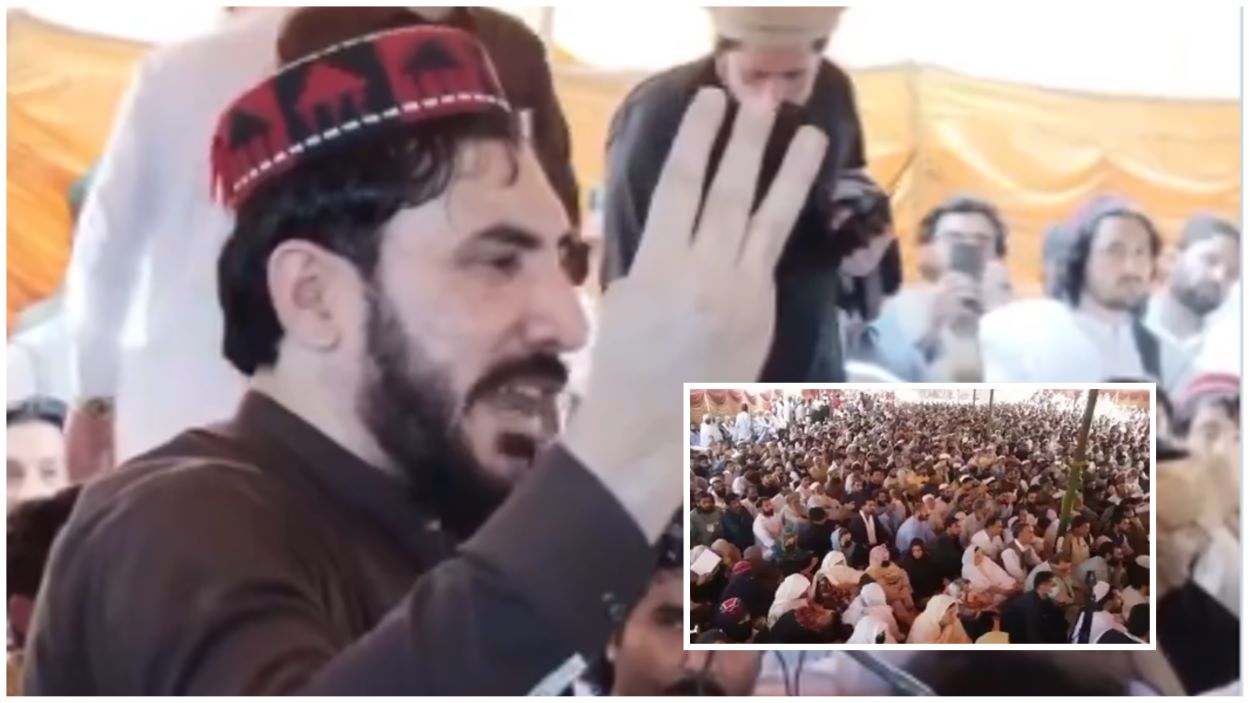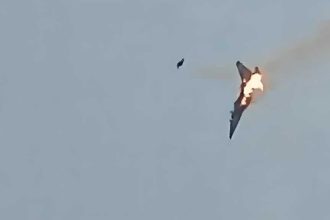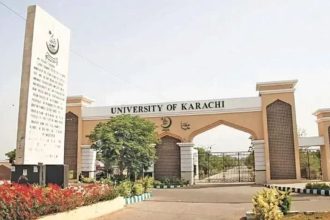On Sunday, the Pashtun Qaumi Jirga advocated for establishing a “Pashtun Milli Lashkar,” a local defence force intended to safeguard Pashtun communities in the region; the force would consist of 3,000 youths from each district and political party.
At the closing session, Manzoor Pashteen, leader of the Pashtun Tahaffuz Movement (PTM), announced these plans. Additionally, Pashteen proposed setting up a committee to oversee resource extraction across the Pashtun belt, spanning from Quetta to Kohistan and Chitral. He emphasized that this committee would ensure local resources benefit the community by preventing exploitative extraction practices.
Pashteen also touched on the situation in Afghanistan, urging the Taliban-led government to reverse the ban on girls’ education. “The Afghan government must allow women to receive education,” he asserted, highlighting the role of education in empowering future generations.
Addressing the issue of extortion, Pashteen assured attendees that the jirga would support any Pashtun facing coercion. “If any individual is threatened, the entire jirga will stand behind him,” he declared, underscoring the importance of unity in combating extortion.
He also advocated for eliminating unnecessary trade barriers at critical border points such as Torkham, Nawapass, Chaman, and Angoor Adda, calling for the free movement of Pashtun traders.
The jirga ended with a promise to document and formalize the discussed proposals, marking a significant step in advocating for Pashtun rights and autonomy.
While political figures from various parties attended, they interacted with participants in smaller groups rather than addressing the entire assembly. Notably, Mushtaq Ahmad Khan from Jamaat-e-Islami spoke to the entire gathering, affirming that the jirga would now serve as the primary decision-making forum for Pashtun issues.






